13 May Hearing Through The Ages- Baby Boomers!
This week, we will be discussing the hearing needs of the Baby Boomer generation. ”Baby Boomer” is a term used to describe people born during 1946 to 1964, coinciding with the baby boom following World War II. Each post this week will highlight a new topic in hearing health that is important for baby boomers to consider.
Importance of Routine Hearing Tests and Hearing Prevention during Health Checks
According to Stats Canada, more than one million adults across Canada reported having hearing-related disabilities. This number is more than 50% greater than the number of people reporting problems with their eyes (StatsCan, 2002). If this is the case, why is it that by the age of 50, many of us have had over a dozen eye tests, yet maybe only one hearing test? Other studies suggest that the true number may actually be closer to over 3 million Canadian adults, as often times those suffering from hearing loss either do not admit they have hearing loss or do not know about their loss.
The only way to truly known your hearing status is to have it tested, monitor it, and have a plan for your hearing health.
If your hearing is normal, we want to keep it that way. We need to design a hearing conservation program that suits your needs. It may be as simple as wearing hearing protection while at concerts, mowing the lawn, etc., or perhaps a bit more detailed plan is required in the event of a noisy job or hobby (like hunting).
If your hearing is showing the early stages of decline, we need to determine what is causing that decline and work to minimize exposure to it if possible.
If there is hearing loss, we need to discuss prevention, and possible treatment options. However, we cannot accurately maintain your hearing health if it was never tested or thought of in the first place.
It is recommended that anyone over the age of 40 have a routine hearing test every 2-4 years, depending on your hearing health status. When was the last time you had your hearing tested?

